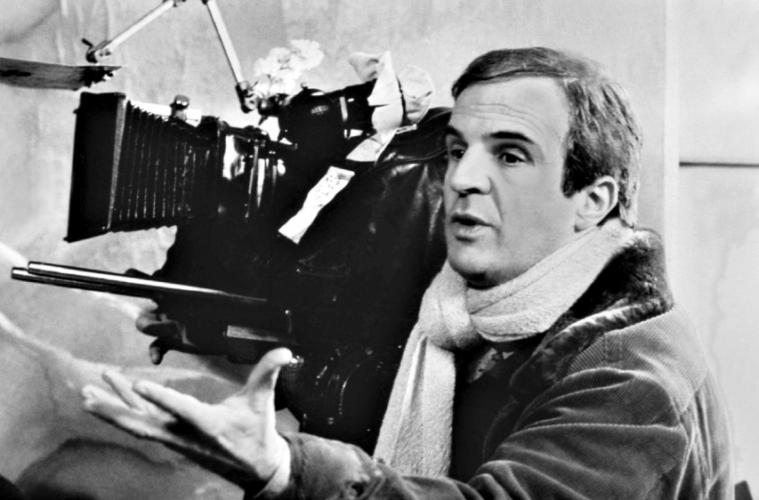
“There are no good and bad movies, only good and bad directors,” François Truffaut once said in establishing auteur theory, the notion that a film is derived primarily from a director’s personal vision. Further developed by André Bazin and Andrew Sarris, the term has been used for the directors of the French New Wave, Alfred Hitchcock, Stanley Kubrick, Ingmar Bergman, Martin Scorsese, Akira Kurosawa and many others, leading all the way up to today with Paul Thomas Anderson, David Fincher, Wes Anderson, Lars von Trier, and more.
To get a comprehensive exploration of the term, today brings a 17-minute video essay from Filmmaker IQ which looks at its origins and detractors. The most notable one includes critic Pauline Kael, who believed that there are simply too many collaborators involved in a production to solely give credit to a director, and that it’s a term to celebrate “a stinker.” Of course, this term has also led to vulgar auteurism, which includes the likes of Paul W.S. Anderson and Michael Bay, which isn’t touched on here. Nonetheless, check out the informative video essay below and let us know your thoughts on the theory in the comments.
What did you think of the analysis? Who are your favorite auteurs?

